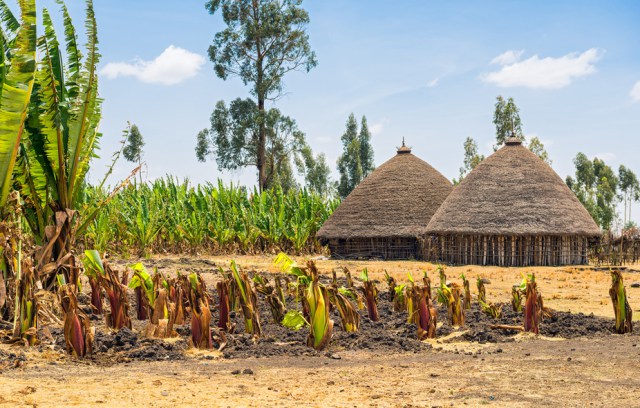Plantations International Information

Channing Arndt, United Nations College; Andy Mckay, College of Sussex, along with Finn Tarpaulin, College of Copenhagen
The healing in addition to acceleration of financial development in sub-Saharan Africa since around 1995 has in fact been generally identified. However less is recognized regarding the degree to which this growth has in fact caused improvements in welfare as well as challenge decrease in particular.In our recently
repayments continuing for years. Quick farming growth aided fast industrialisation by making food, the major wage great, much less pricey. This took area additionally as country populaces migrated to city industrial zones.In Ethiopia, a comparable tale appears feasible. There, a range of successful industrialisation efforts are following successes in agriculture.Classifying the
African Encounter We located a wide array of encounter, leading us to identify the 16 countries right into 4 groups: Moderately quick financial development as well as matching destitution reduction.Relatively rapid financial development however very little destitution reduction.Uninspiring or negative financial development as well as matching stagnancy or rises in poverty.Low information countries.Our focus listed below is on the nations categorised within the very first two teams as well as the obligation of farming.

on average.In enhancement, mobile phone memberships enhanced significantly, from 50,000 in 2003 to also a lot more as compared to 10 million in 2011. For these in addition to numerous other factors, real transportation costs visited 50 %. These and various other efforts turn up to be generating fruit in regards to human wellness. Comparing details from the mid-1990s with the most current range of indications indicate broad-based improvements.The following signs have actually all boosted, generally considerably: child mortality rates; stunting costs for kids under five years of ages; elementary college enrolments; as well as also ease of access to electrical power, secure water in addition to health facilities.Headline financial difficulty rates– – specified as those taking in here a conventional requirements hardship line– – about halved, from pertaining to 50 % of the populace in 2000 to concerning 25 % in 2011. Ethiopia stays a poor nation by practically any kind of type of measure and much remains to be accomplished. Yet genuine as well as typically fast gains have actually been signed up in recent decades.The countries in the junior varsity– – those with relatively fast development as well as restricted destitution reduction– – provide an attractive counterpoint. Strong evidence of continual and large growth in farming, especially smallholder farming, does missing itself in any kind of one of them.In these instances, the substantial capability of farming manufacturing is typically recognized as well as generally supported by lots of plan unsupported claims. In the casesof Burkina Faso, Mozambique, Nigeria as well as additionally Tanzania, weak farming performance advancement is determined as an underlying element to the relative stagnation of monetary destitution rates.Powerful bar These outcomes highlight the relevance of farming development. More particularly, they stress performance growth within smallholder agriculture. Agricultural efficiency advancement stays a reliable bar for achieving hardship decrease. This applies especially where significant components of the population are bogged down in low efficiency subsistence agriculture.Exhortation to boost farming performance is not new. And also historic encounter reveals it is feasible to waste significant sources on badly produced agricultural interventions. Also where there is relatively clear success, as in Ethiopia, it is hard to understand which sets of therapies contributed most. And also, policies that operate in one areacould not generate the exact same cause a various area. Finally, agricultural development is certainly not the only facet of a methodical improvement strategy.Prolonged in addition to quick growth in the area, driven by boosts in performance , ought to be considereded as vital to the industrialisation wishes of the sub-continent. Channing Arndt, Elderly person Research Fellow, United Nations College; Andy Mckay, Lecturer
The article Done smartly, farming development could minimize difficulty in Africa showed up first on Plantations International.
